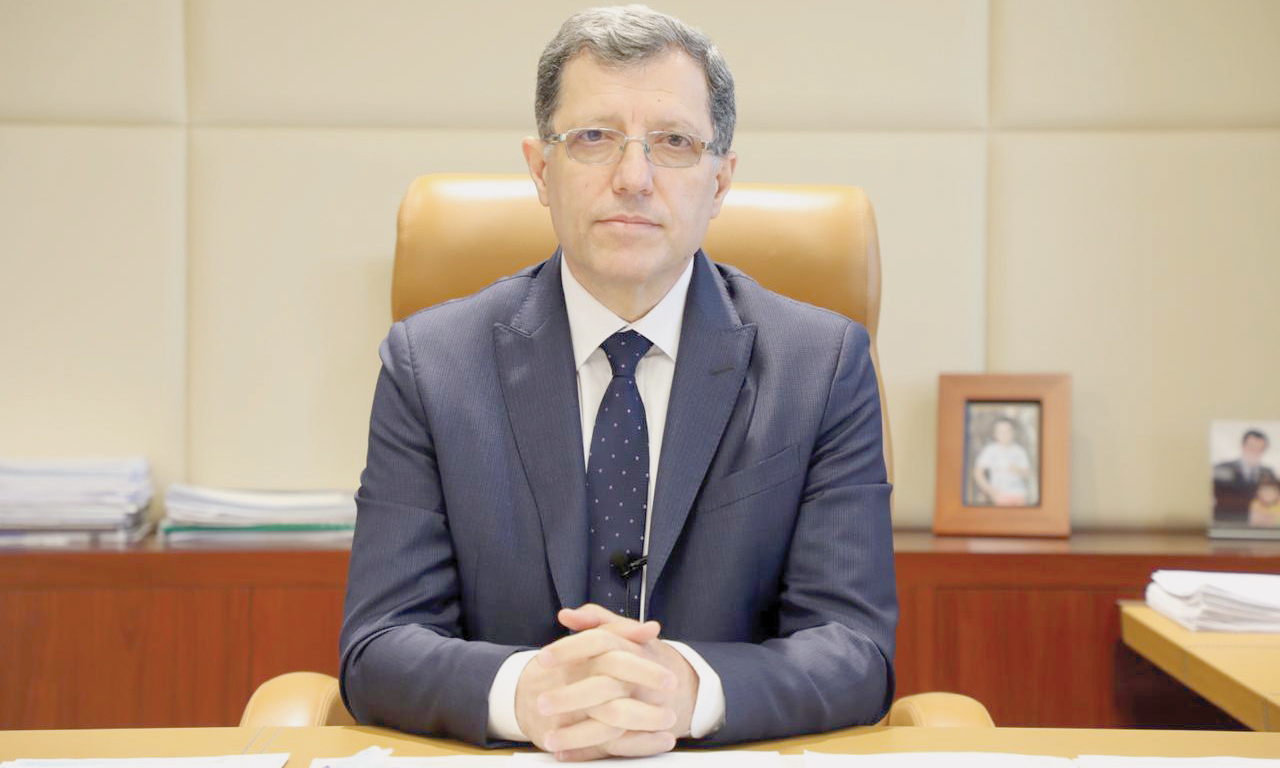

Stress has always been there on inculcating a sense of critical thinking among students of all ages and grades. The problem, however, is deciding the basis for it, be it setting up of a right environment in the educational institutions, support from teachers, parents, or even the modes of education that need regular monitoring and changes therein.
Dr Fouad B Chedid, Vice-Chancellor of A’Sharqiyah University, called for a rational approach by asking the institutions to be subtle if they could all agree on a simple definition of critical thinking; maybe something like a form of objective thinking driven purely by facts.
“While everyone in the academic world agrees that critical thinking is one of the oldest and most agreed-upon purposes of undergraduate education, somehow universities don’t seem to get it right when it comes to teaching students how to think critically,” he said.
The conventional way of teaching, according to him, is something that not necessarily creates any opportunities at all for students to think critically.
“Many academics throughout the world continue to teach their courses the conventional way — to lecture to a passive audience — without dwelling much about the issue of whether their teaching creates any opportunities at all for students to think critically,” he said.
For one thing, preparing an assignment that requires critical thinking takes time and effort. And for another, academics are expected to provide detailed feedback for students to truly benefit from such assignments. Given that kind of extra work, many academics, unfortunately, tend not to bother. Before we discuss this any further, let’s take a step back and reexamine the notion of critical thinking itself.
First, we need to acknowledge that critical thinking is a complex subject that doesn’t lend itself to one or a few definitions. For example, according to Cambridge Dictionary, critical thinking is “the process of thinking carefully about a subject or idea, without allowing feelings or opinions to affect you.” Another definition from Wikipedia states “critical thinking is the analysis of facts to form a judgment.”
If the two above definitions were not enough, I could easily find a dozen other definitions on the Web categorised into the so-called traditional versus non-traditional definitions, Dr Fouad said. He cited William of Ockham from the 13th century (also known as Occam’s razor), “which invites us to express our thoughts in the simplest manner possible for the more assumptions one puts into their argument, the less comprehensible it becomes. And I am no longer surprised that professors and their critics do not agree on how much critical thinking takes place in undergraduate education.”
I think it would have been much subtle if we could all agree on a simple definition of critical thinking; maybe something like a form of objective thinking driven purely by facts, said Dr Fouad while putting stress on inculcating critical thinking among the students.
Oman Observer is now on the WhatsApp channel. Click here



